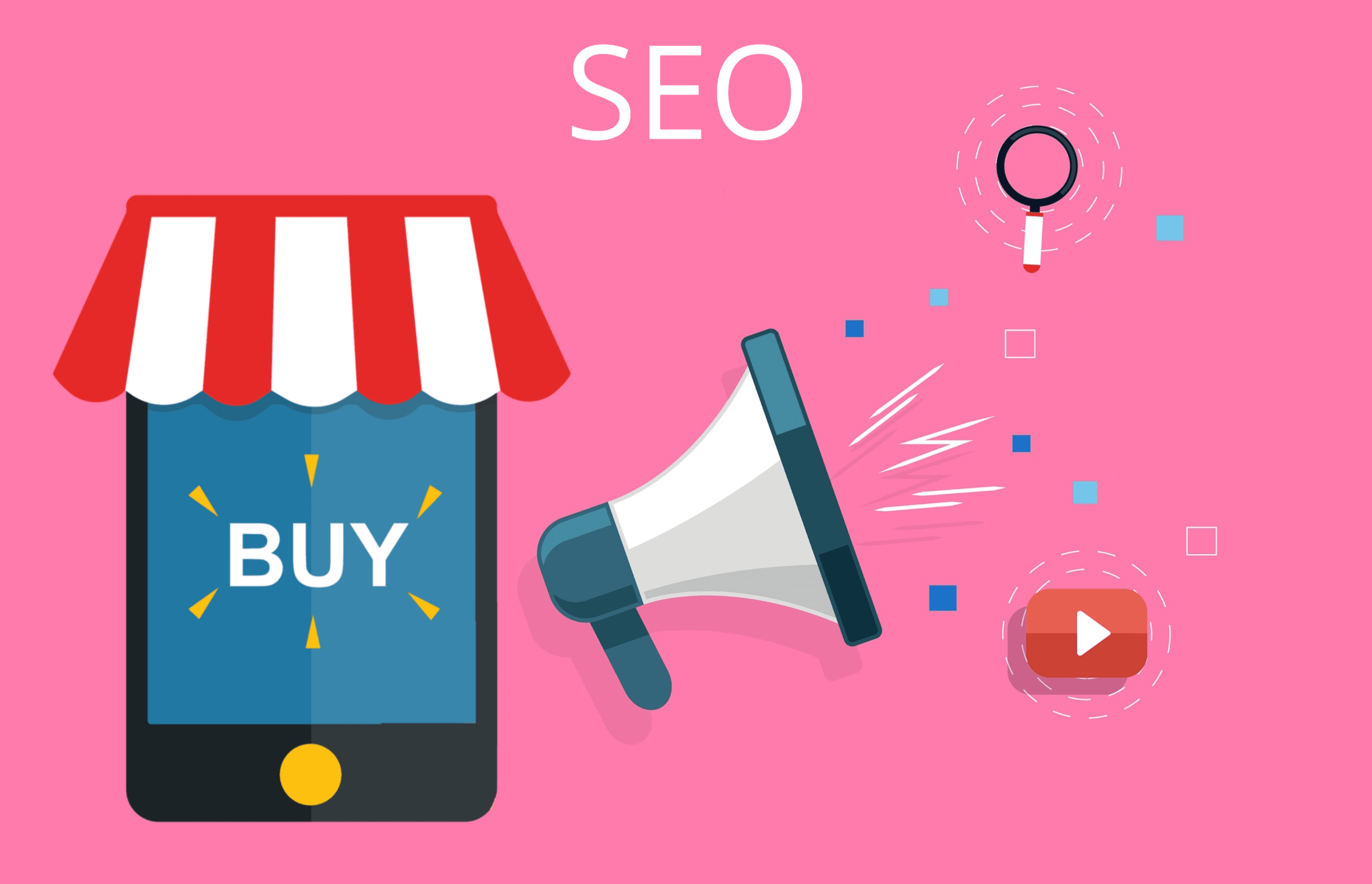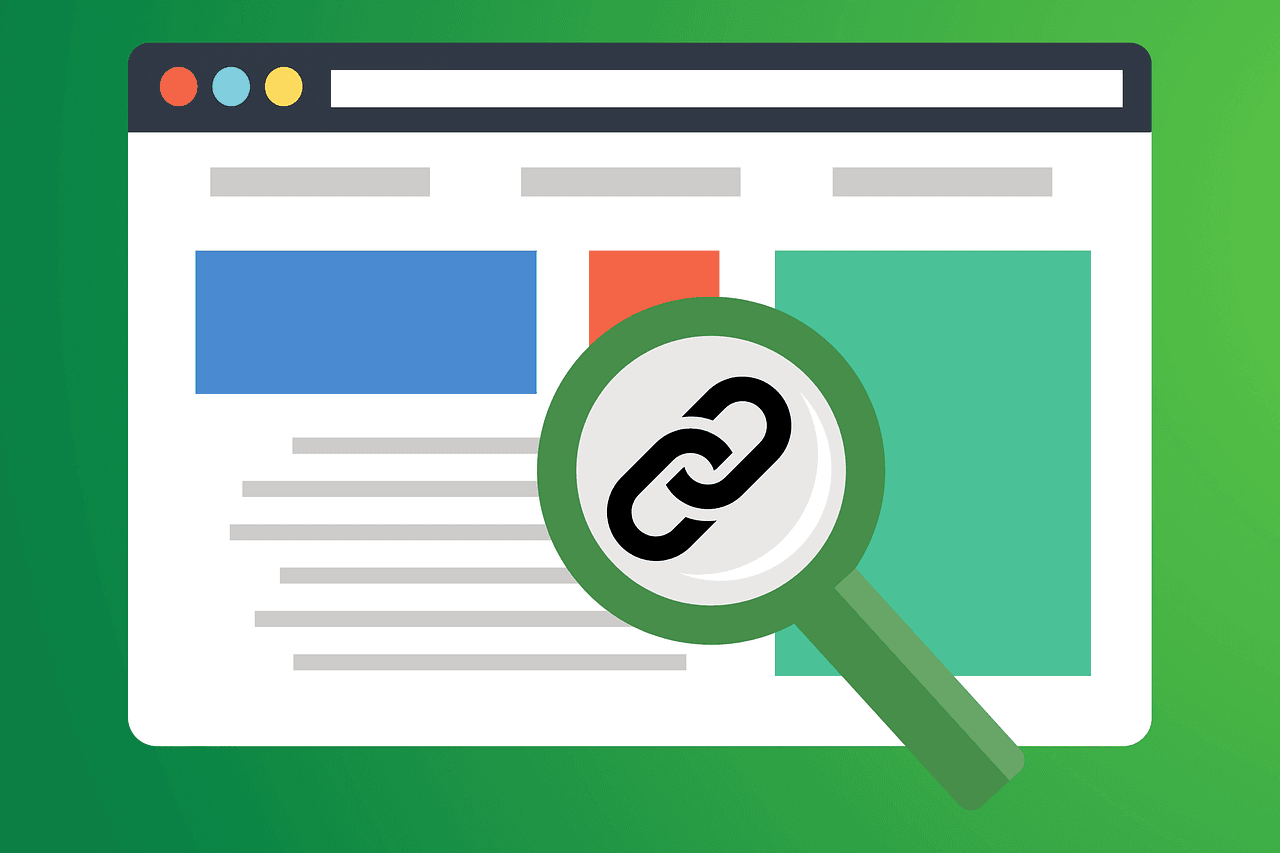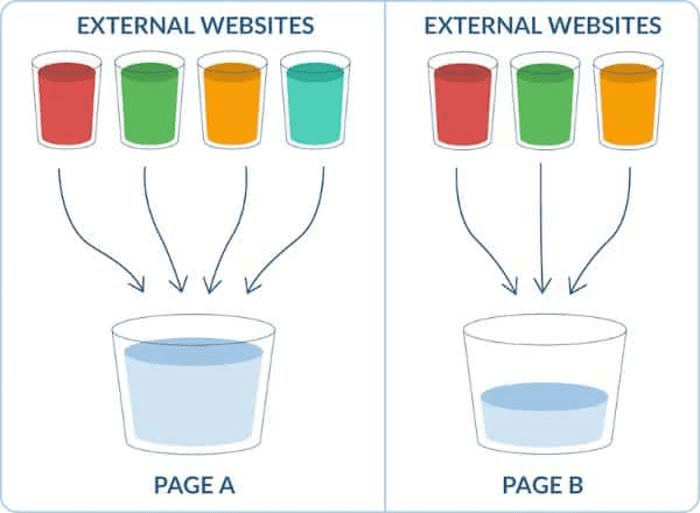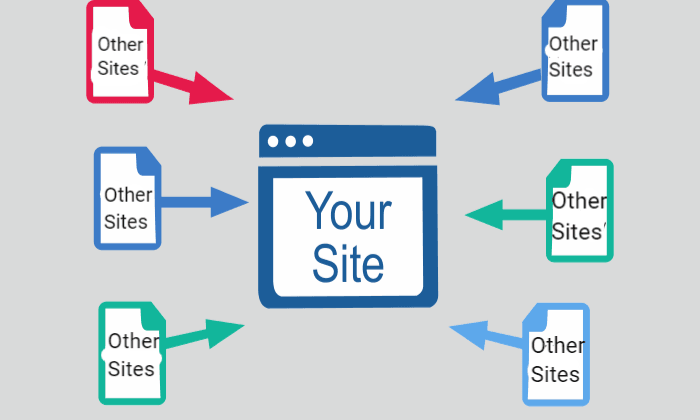Ecommerce SEO is the key to boosting your online store's visibility, driving organic traffic, and increasing sales by optimizing your site for search engines. At Keyword Metrics, we simplify ecommerce SEO with actionable insights and tools to help you rank higher and grow faster.
What is Ecommerce SEO?
Ecommerce SEO (Search Engine Optimization) is the practice of optimizing an online store to improve its visibility on search engine results pages (SERPs). By implementing specific strategies, ecommerce websites can rank higher for keywords their target customers are searching for, leading to increased organic traffic and potential sales.

Unlike traditional SEO, ecommerce SEO focuses on optimizing product pages, categories, and other elements unique to online stores.
How Ecommerce SEO Works
Ecommerce SEO involves a combination of strategies that help search engines understand and rank an online store. These include:
Keyword Research
Identifying search terms your customers use, such as “best winter jackets” or “buy organic coffee.” Use tools like Google Keyword Planner or Ahrefs to find high-volume keywords.
On-Page Optimization
Ensuring your product titles, descriptions, and meta tags include relevant keywords. For example:
- A product title: Men’s Waterproof Hiking Boots – Lightweight & Durable
- Meta description: Shop durable men’s waterproof hiking boots for your next adventure. Available in all sizes.
Technical SEO
Improving elements like site speed, mobile-friendliness, and proper indexing. Ensure your product pages are structured with schema markup to display rich snippets in SERPs.
Content Marketing
Creating blog posts, buying guides, or video tutorials to attract more visitors. For instance, a blog post titled “Top 10 Winter Jackets for Extreme Cold” can bring potential buyers to your store.
Why Is Ecommerce SEO Important?
Ecommerce SEO is essential for businesses to thrive in the competitive online marketplace. Here’s why:
- Increased Visibility: Most customers start their shopping journey on search engines. Without SEO, your store could remain invisible to potential buyers.
- Cost-Effective Traffic: Organic traffic from SEO is free compared to paid ads, which can get expensive over time. A well-optimized site delivers consistent results without recurring ad costs.
- Improved User Experience: SEO practices like faster page loads and easy navigation not only please search engines but also enhance customer satisfaction.
- Competitive Edge: By ranking higher than competitors for target keywords, your store can capture more customers and establish authority in your niche.
Pro Tips for Ecommerce SEO Success
Optimize Product Pages
- Write unique, keyword-rich product descriptions that address customer needs.
- Add high-quality images with alt text descriptions for accessibility and SEO benefits.
Use Internal Linking
- Connect related products or categories to guide users through your site.
- For example: “Pair these hiking boots with our thermal socks.”
Leverage Reviews and Ratings
- Encourage customers to leave reviews. Positive reviews not only build trust but also improve rankings.
Implement Schema Markup
- Add structured data to help search engines display rich snippets like star ratings, prices, and availability.
Monitor and Improve Site Speed
- Compress images, enable caching, and use a Content Delivery Network (CDN) to load pages faster.
See Google’s best practices for Ecommerce sites.
Tools for Ecommerce SEO
Keyword Metrics
Keyword Metrics is a powerful SEO tool designed to help you identify lucrative keywords your ecommerce store is already ranking for. It allows you to quickly find content that can be optimized for higher rankings, saving you hours of manual work in Google Search Console.
Practical Use Cases:
Keyword Metrics scans your entire site, identifying keywords you rank for but may not be fully targeting. For example, if your product page for "running shoes" ranks for "best running shoes for marathons," you can optimize your content to target that keyword more effectively and rank higher.
Google Search Console
Google Search Console (GSC) is a free tool by Google that provides insights into how your website is performing in search results. It shows you which keywords are driving traffic to your site, any indexing issues, and opportunities to optimize your site further.
Practical Use Case:
By regularly checking your GSC reports, you can identify which product pages are getting the most clicks and impressions. This allows you to prioritize optimizing those pages to increase conversion rates or further boost their visibility.
Ahrefs
Ahrefs is a comprehensive SEO tool that helps with keyword research, backlink analysis, and content exploration. It's particularly useful for understanding how your ecommerce site stacks up against competitors and discovering new opportunities.
Practical Use Case:
If you're noticing that a competitor's page ranks higher than yours for a specific keyword, Ahrefs can help you see their backlink profile and keyword strategy. You can then adjust your own content strategy to outshine theirs and gain more traffic.
Common Challenges in Ecommerce SEO and How to Overcome Them
Duplicate Content
Many ecommerce stores have identical descriptions for similar products.
Solution: Write unique descriptions or use canonical tags to consolidate pages.
Out-of-Stock Products
These pages can hurt your SEO if they remain inactive
Solution: Redirect them to similar products or create an informative page explaining availability.
Slow Loading Times
High-quality product images can slow down pages.
Solution: Use tools like TinyPNG to compress images without losing quality.
Complicated Site Structure
If users can’t easily navigate your store, search engines won’t either.
Solution: Organize products into logical categories and use breadcrumb navigation.
FAQs on Ecommerce SEO
Q. What is the difference between ecommerce SEO and traditional SEO?
Ecommerce SEO focuses specifically on optimizing online stores to rank higher for product-related searches, while traditional SEO generally applies to any website and includes broader strategies for increasing visibility on search engines.
Q. How long does it take to see results from ecommerce SEO?
Typically, it can take 3 to 6 months to see noticeable results from ecommerce SEO, as it requires time for search engines to crawl, index, and rank your pages based on the changes you've made.
Q. Can I use paid ads instead of ecommerce SEO?
Paid ads can drive immediate traffic, but ecommerce SEO offers long-term benefits by improving organic search visibility without recurring costs, making it a more sustainable option over time.
Related Glossary Terms to Explore
- Meta Tags: Discover how meta titles and descriptions improve your ecommerce SEO by attracting clicks and providing clear summaries of your pages.
- Site Structure: Find out how organizing your store’s categories and navigation helps both users and search engines find products easily.
- Keywords: Learn how to identify and target the right search terms to drive traffic to your ecommerce store.
- Bounce Rate: Understand how reducing bounce rates improves user experience and signals relevancy to search engines.


